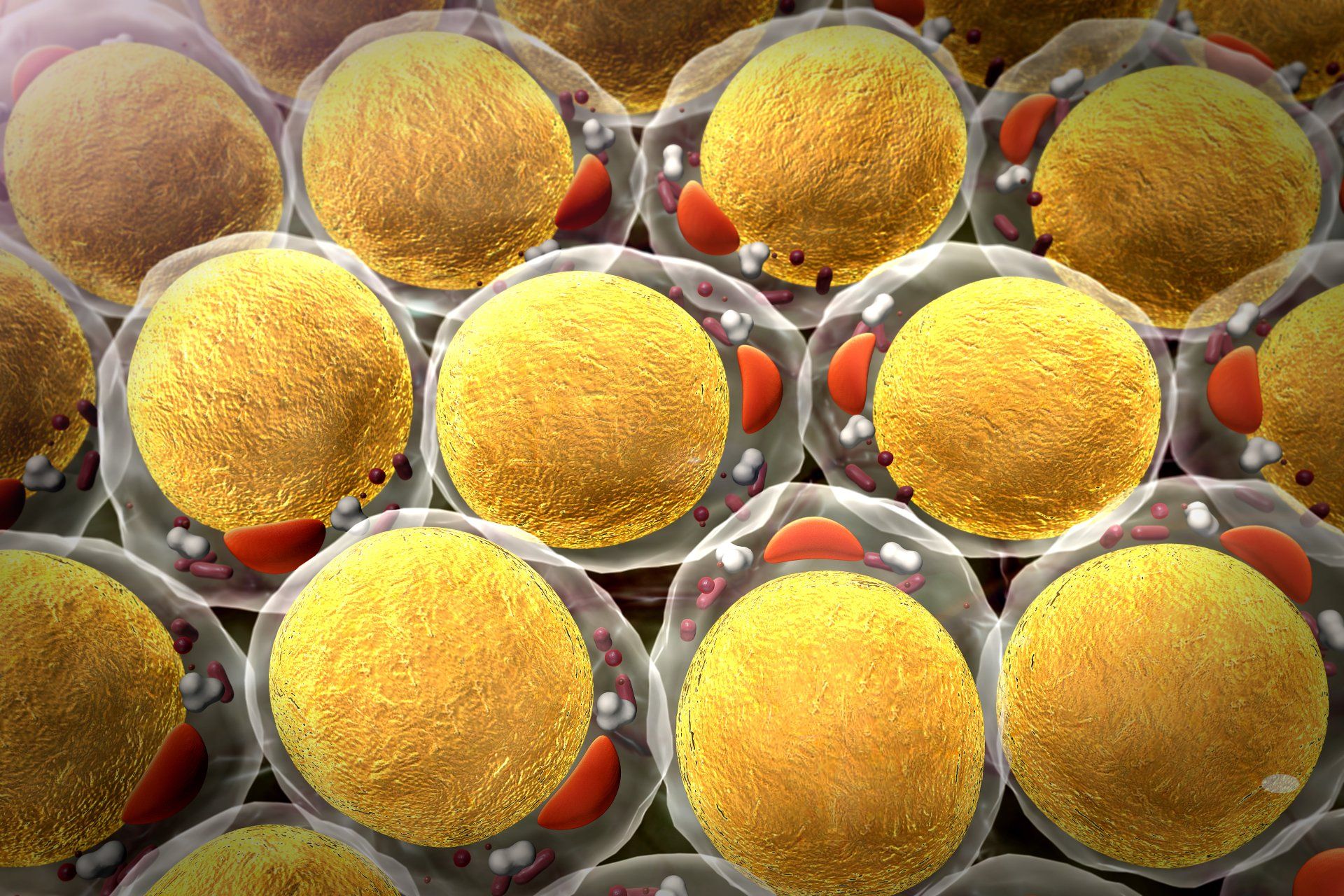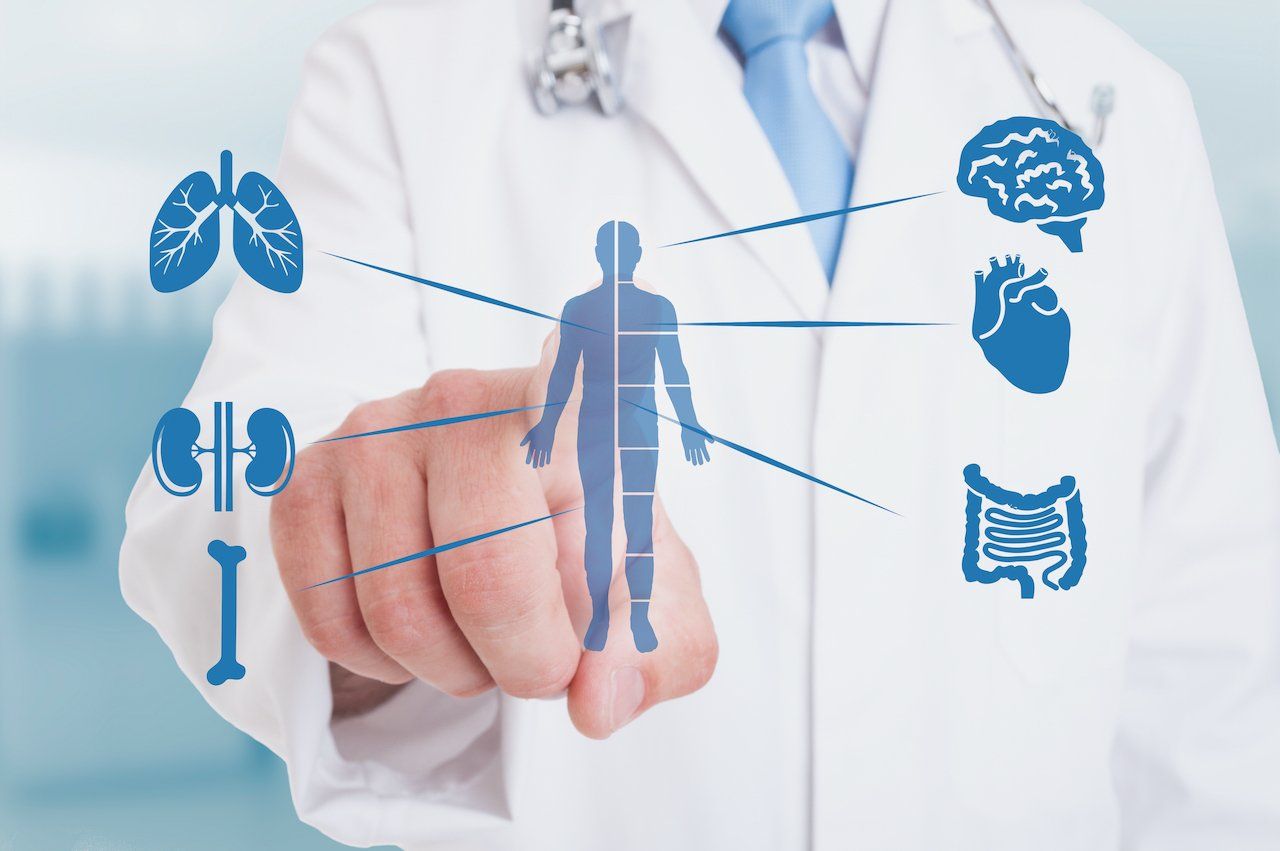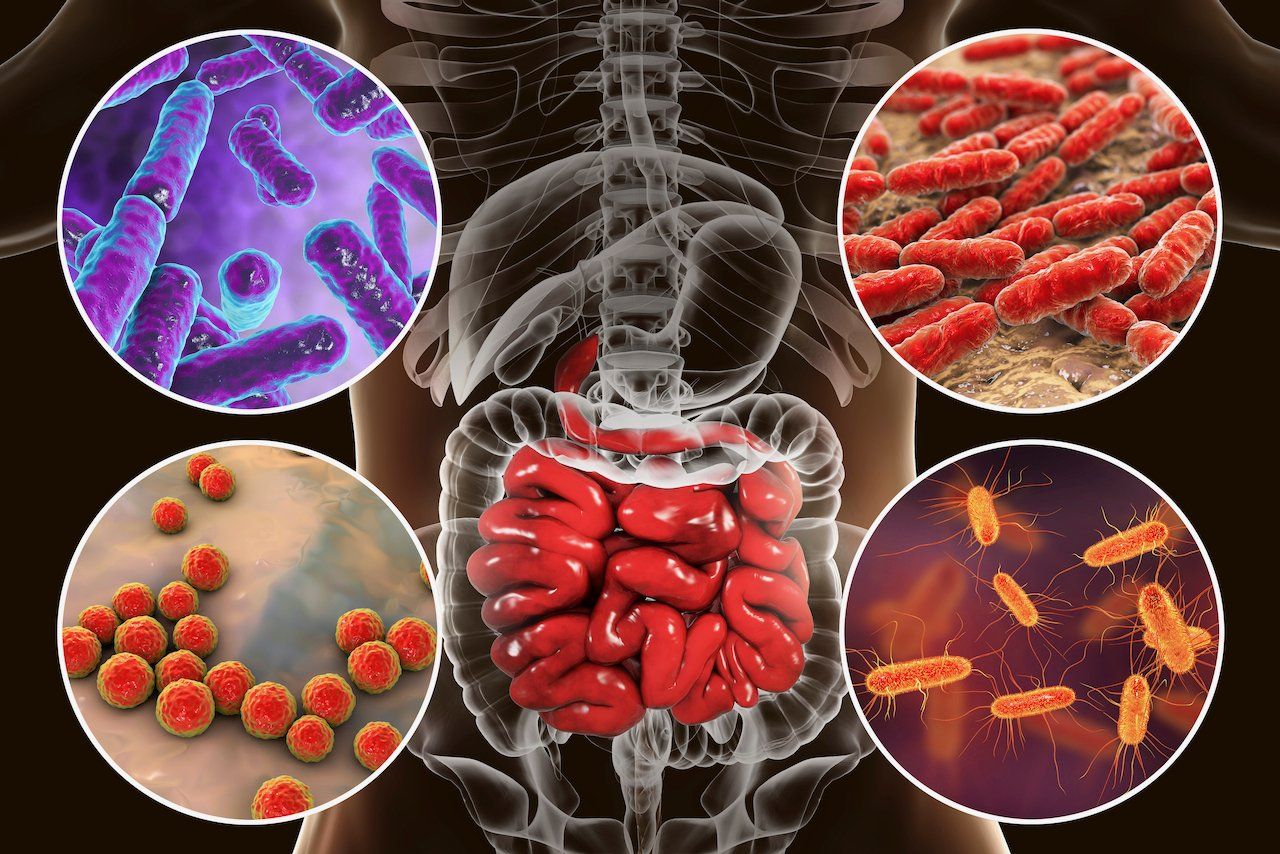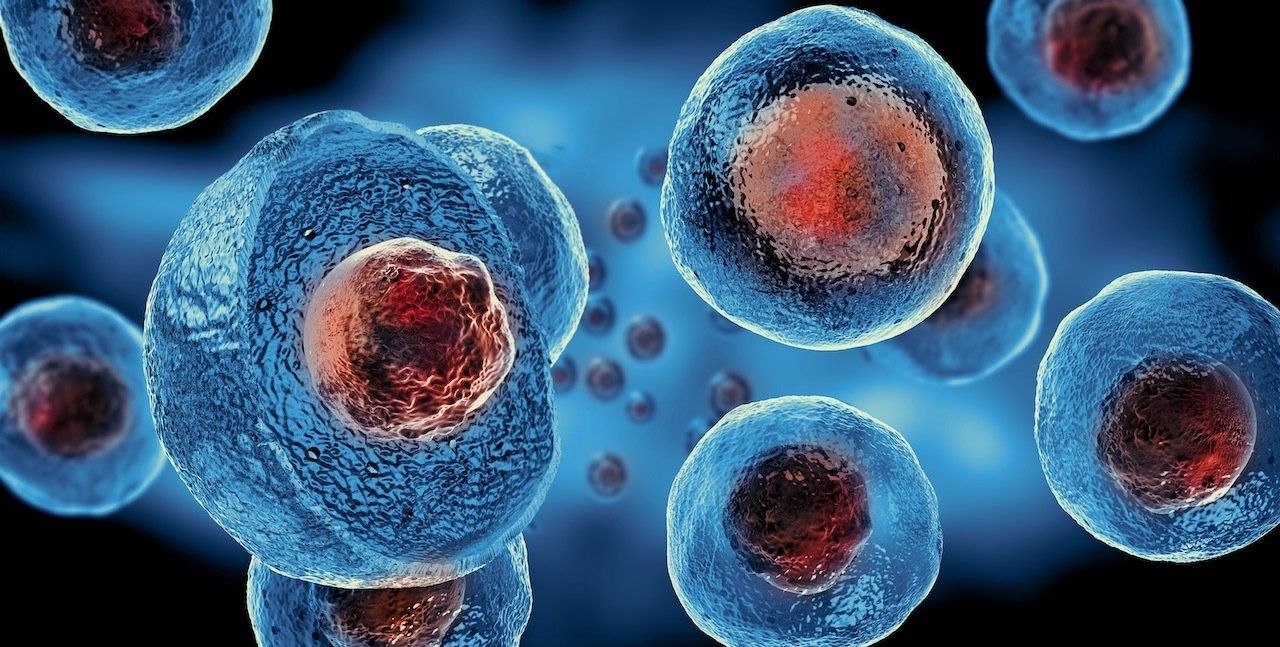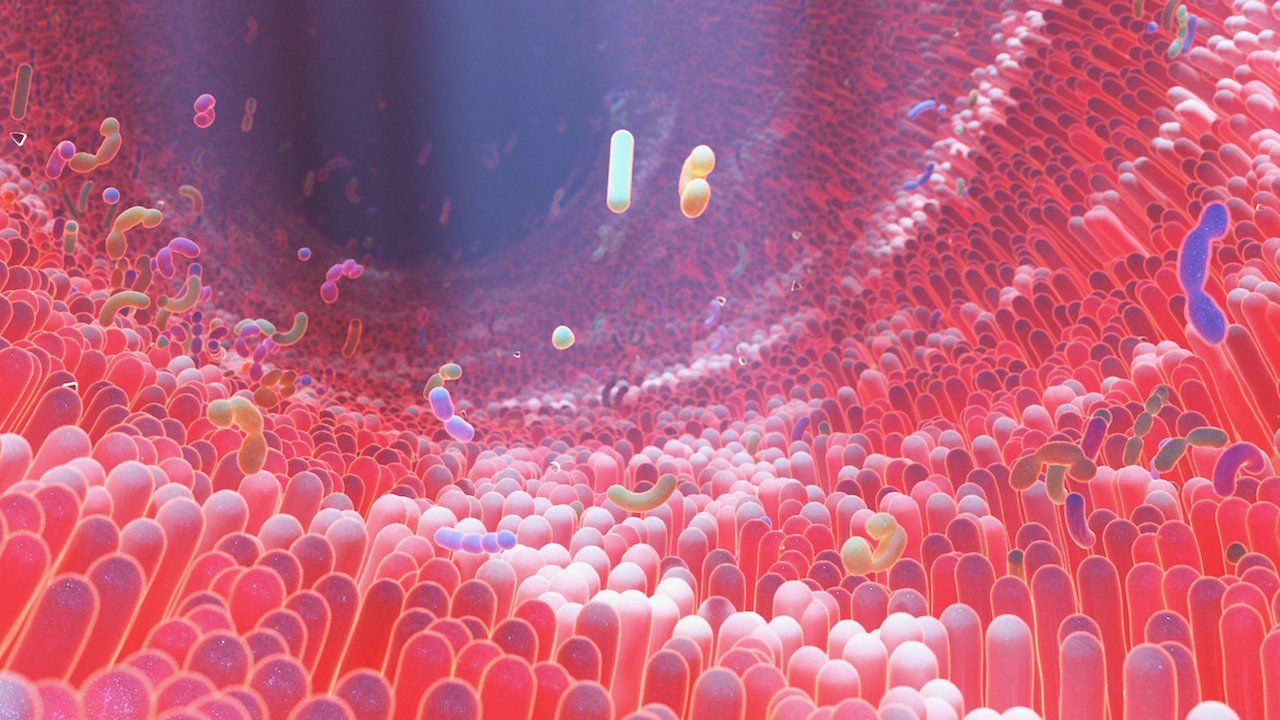It is time to rethink our relationship with food
We all have our own personal relationship with food. Some people see food as a way to fuel their bodies and meet their nutritional needs. Others see food as a source of comfort and pleasure. And still, others view food as an enemy, something that needs to be restricted and controlled. But what if we could rethink our relationship with food? What if we could approach eating from a new perspective? In this blog post, we will explore some of the ways that we can change our thinking about food and create healthier, more balanced eating habits.
Healthy or unhealthy, clean or junk!
One of the first things we need to do is to stop seeing food as good or bad. Too often, we categorize foods as being "healthy" or "unhealthy," "clean" or "junk." This way of thinking sets us up for a black-and-white mindset that can lead to restrictive eating habits and an unhealthy relationship with food. Instead of labeling foods, we should think about them in terms of how they make us feel. Some foods may give us energy and make us feel good, while others may leave us feeling sluggish and bloated. When we focus on how food makes us feel, we are more likely to make choices that are in line with our health goals.
Another way to rethink our relationship with food is to eat mindfully. This means being present and aware of what we are eating, without distractions like TV or our phones. When we eat mindfully, we are more likely to savor our food and appreciate the flavors and textures. We are also less likely to overeat because we are paying attention to our bodies' cues of hunger and fullness.
Chewing our meals 15-20 times each bite can help us eat more slowly and mindfully. This allows our bodies to register that we are eating.It can be helpful to put down our utensils between bites and to avoid drinking liquids with our meals so that we are forced to slow down.
Another way to rethink our relationship with food is to consider how it nourishes us. When we focus on the nutrients our food provides, rather than just its taste or calorie content, we can make more healthful choices.
Eating for our DNA
Eating for our DNA can also help us to make more nutritious choices. We all have different genetic makeups, which means that we may require different nutrients. Some people, for example, may require more iron than others or have different genetic pathways for metabolizing carbohydrates, proteins, and lipids. Knowing what our bodies need can help us to choose foods that will give us the most benefit. The Mediterranean Diet appears to be the most beneficial for most people's DNA.
Our relationship with food
Eating habits are personal preferences that develop over time. Some people prefer to eat three large meals per day, while others prefer to eat smaller meals more often. There is no "right" way to eat, and different people will have different eating habits.
Rethinking our relationship with food can be a challenge, but it is worth it. When we approach eating from a new perspective, we can develop healthier habits that will last a lifetime. When we approach eating from a place of mindfulness and nutrition, we are more likely to nourish our bodies in the way they deserve.
Finally, we need to remember that food is not the enemy. It is not something that we need to be feared, restrict, or avoid. Food is nourishment and enjoyment. It should be savored and appreciated. When we have a healthy relationship with food, we can enjoy all the wonderful things it has to offer.
If you're interested in learning more about our connection with food and how it interacts with your DNA and genes, as well as how to make Your genes work for Your benefit, check out my new book "Understanding Genomics; How Nutrition, Supplements, and Lifestyle Can Help You Unlock Your Genetic Superpowers.
This book is a must-read if you want to learn how to control your genetic destiny!
Order a copy today!
Until then, stay healthy and happy!
Dr. Marios Michael
Resources:
- Dr. Marios Michael, DC, CNS, cFMP, 06/2022, Understanding Genomics; How Nutrition, Supplements, and Lifestyle Can Help You Unlock Your Genetic Superpowers, 1st edition, Austin, Bookbaby
- Farooq M, Sazonov E. Automatic Measurement of Chew Count and Chewing Rate during Food Intake. Electronics (Basel). 2016;5(4):62. doi: 10.3390/electronics5040062. Epub 2016 Sep 23. PMID: 29082036; PMCID: PMC5656270
- Jezewska-Zychowicz M, Plichta M, Drywień ME, Hamulka J. Food Neophobia among Adults: Differences in Dietary Patterns, Food Choice Motives, and Food Labels Reading in Poles. Nutrients. 2021 May 10;13(5):1590. doi: 10.3390/nu13051590. PMID: 34068662; PMCID: PMC8151374
- Abdella HM, El Farssi HO, Broom DR, Hadden DA, Dalton CF. Eating Behaviours and Food Cravings; Influence of Age, Sex, BMI and FTO Genotype. Nutrients. 2019 Feb 12;11(2):377. doi: 10.3390/nu11020377. PMID: 30759834; PMCID: PMC6412354
- Mazurek-Kusiak AK, Kobyłka A, Korcz N, Sosnowska M. Analysis of Eating Habits and Body Composition of Young Adult Poles. Nutrients. 2021 Nov 15;13(11):4083. doi: 10.3390/nu13114083. PMID: 34836335; PMCID: PMC8624486
Medical Disclaimer: The information included on this blog is for educational purposes only. It is not intended nor implied to be a substitute for professional medical advice. The reader should always consult his or her healthcare provider to determine the appropriateness of the information for their own situation or if they have any questions regarding a medical condition or treatment plan. Never disregard professional medical advice or delay in seeking it because of something you have read on this blog! Reading the information on this blog does not create a physician-patient relationship.
These statements have not been evaluated by the Food and Drug Administration. This product is not intended to diagnose, treat, cure, or prevent any disease.
Telehealth Consult
HIPAA-compliant
Contact Us
We will get back to you as soon as possible.
Please try again later.
Austin
(512) 450- 2952
2499 South Capital of Texas HWY
Building B Suite 202
Austin, TX 78746
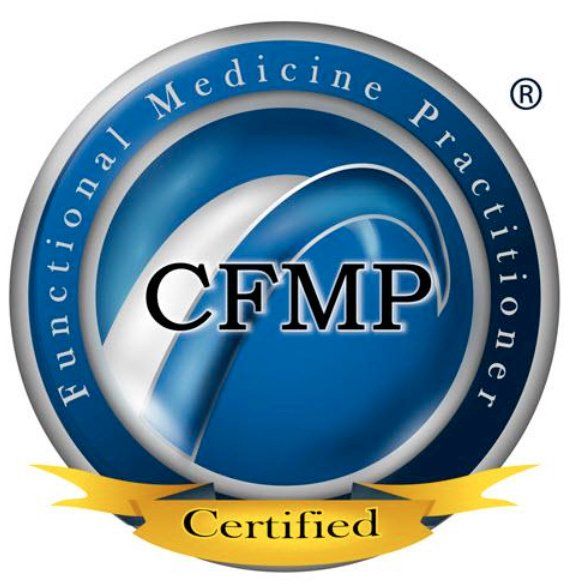
Los Angeles
(626) 440 -7406
424 N. Lake Ave. Suite 102
Pasadena, CA 91101


